Natural Resource Ecology - WIS4934
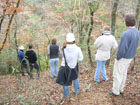
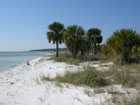
The course describes how ecological concepts and processes are
applied at various scales to conserve and manage renewable
natural resources (e.g., plants, animals, water, soil) in
terrestrial and aquatic systems—it explains how ecological science
is applied to help solve real-world problems. In most cases, these
problems are caused by the actions of people, and the course
emphasizes potential conservation and management strategies to mitigate anthropogenic issues such as,
but not limited to, habitat fragmentation, invasive species, disease, and climate change. The
course focuses on interactions within and between species and how they are affected by their abiotic
environment. It explores numerous biological principles (e.g., nutrient and water cycles, population
growth, habitat dynamics, biodiversity, etc.) and emphasizes how these principles are applied to effectively
manage natural resources. The course also provides a broad foundation of important ecological
principles while emphasizing how ecological phenomena in terrestrial and aquatic systems are
influenced by the actions of humans—natural resource examples are used to illustrate key ideas and
concepts.
This is completely online, asynchronous course offered in Fall
semesters for students in Gainesville and other locations throughout the state.
Recent Syllabus
(pdf)
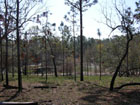
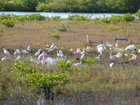
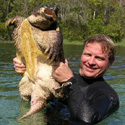
Steve A. Johnson, Ph.D.
Associate Professor
University of Florida / IFAS
Dept. of Wildlife Ecology & Conservation
301A Newins-Ziegler Hall
Gainesville, FL 32611
Office: 352-846-0557
Email:
tadpole@ufl.edu